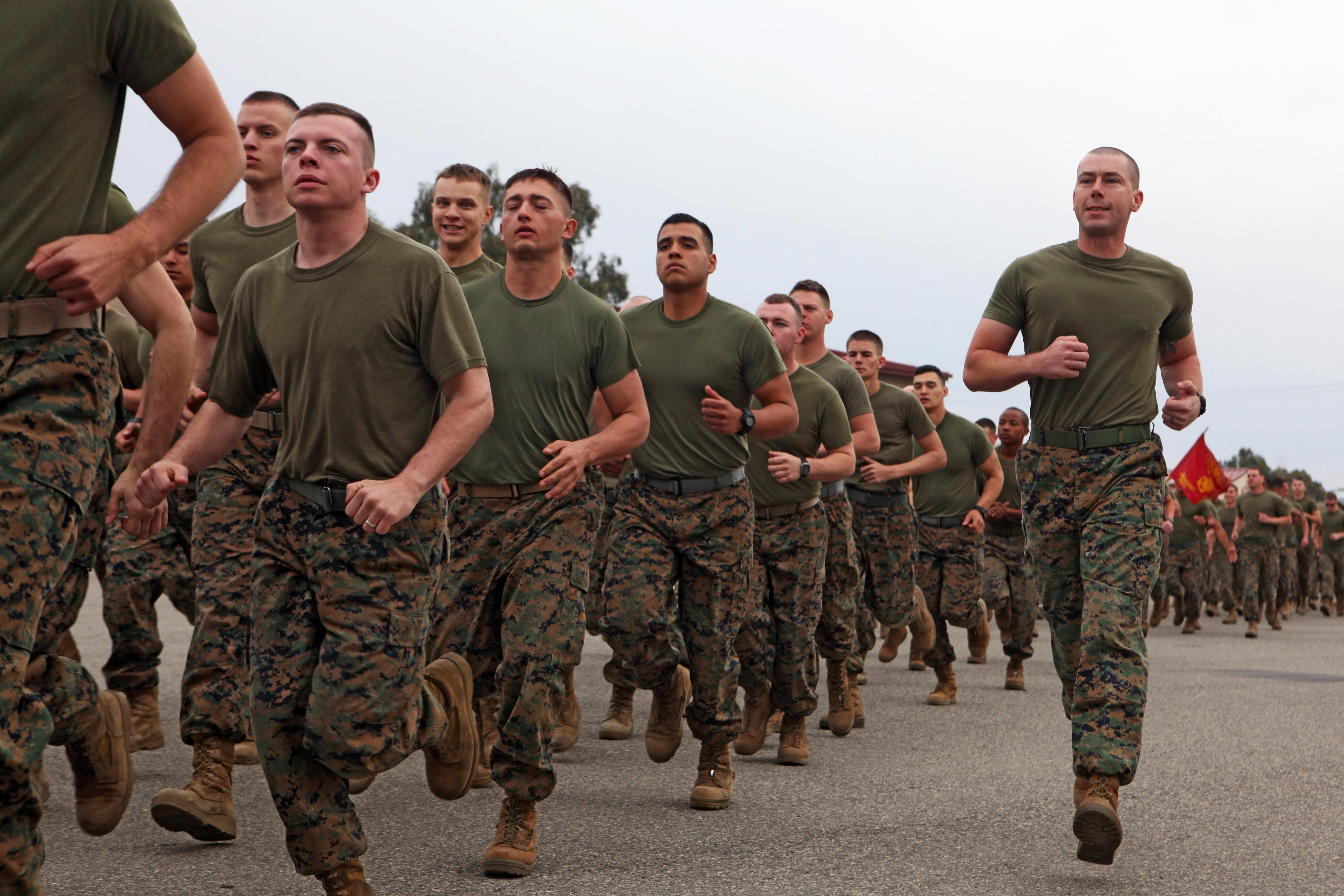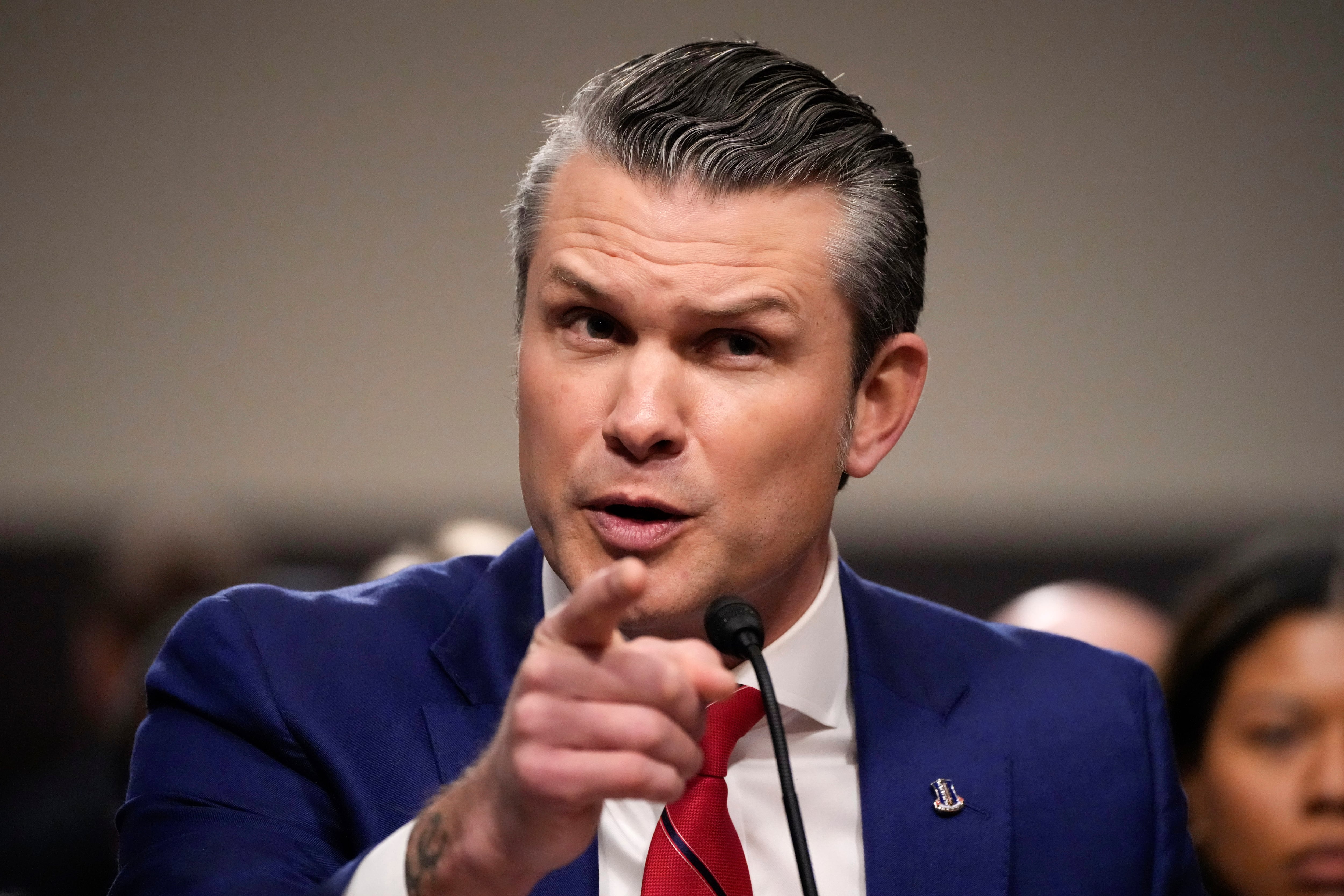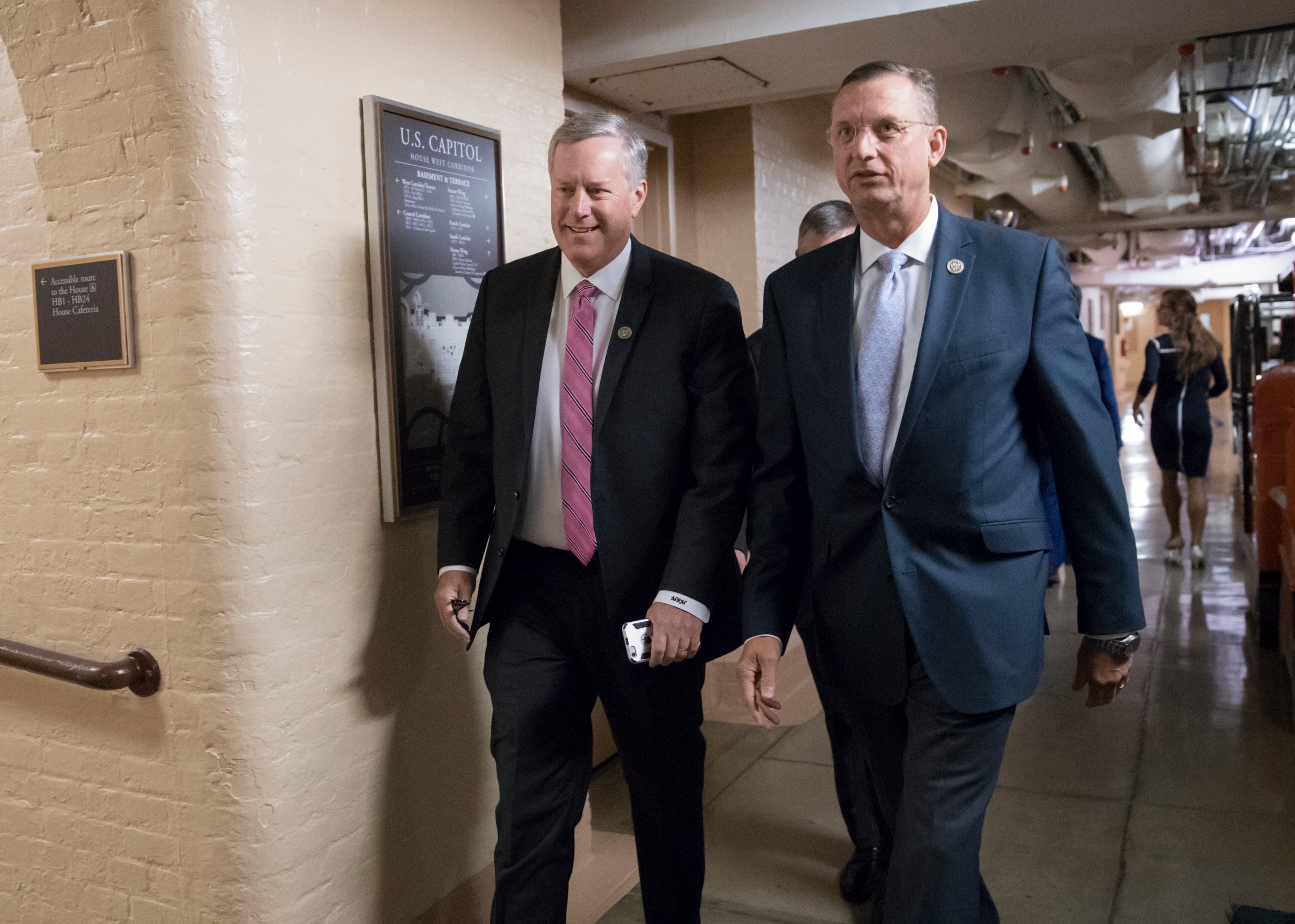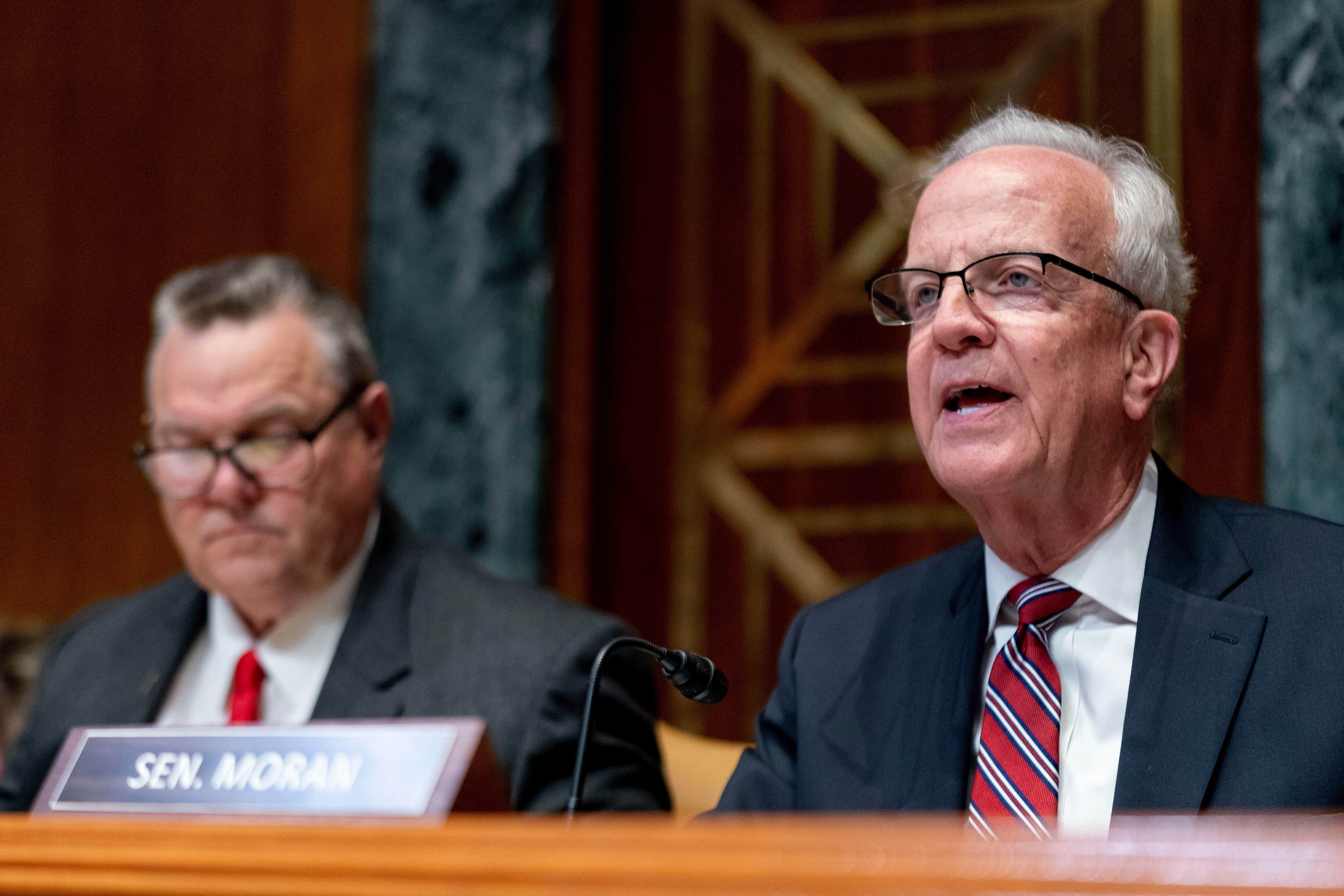By the end of 2023, all Veterans Affairs police officers will be required to wear body cameras and use dashboard cameras on their vehicles in an effort to provide transparency in their interactions with the public, department leaders announced on Friday.
The move will affect roughly 4,700 VA officers serving at department medical centers, cemeteries and offices.
Lawmakers have pushed for the body cameras in the past, both as an accountability measure for officers and an educational tool for ways VA staff can better respond to mental health crises and other emergencies. The new regulations will bring the force in line with legislation passed by Congress late last year and federal law enforcement practices mandated by President Joe Biden a few months earlier.
VA officers have been involved in multiple violent incidents in recent years, including a case in Milwaukee in 2020 when a man armed with a shotgun was shot and killed by police as he attempted to enter a department hospital, and another months earlier when a veteran seeking medical care in Dallas was gunned down by officers after he brandished a knife.
The cameras are programmed to automatically record video and audio whenever an officer draws a firearm or activates the emergency lights in a police vehicle. Under rules set by VA, police will also manually turn on the cameras when conducting investigations and during enforcement encounters.
However, VA leaders said they will work to ensure that the new policies do not affect “the privacy of those we serve or VA employees.” Footage from cameras will only be used for police investigations and court proceedings, or other limited purposes allowed under federal law.
“Unless there is a clear and compelling need for a recording, no video will be recorded in locations where a reasonable expectation of personal privacy exists,” VA officials said in a statement on the announcement.
Department officials said the recordings will be used to “document statements, observations, behaviors, and other evidence” and to “deter unprofessional, illegal, and inappropriate behaviors by both VA Police and the public.”
In a message to department staff on Friday, VA Secretary Denis McDonough said he believes the move “will help build trust, demonstrate transparency, support officers, and strengthen our commitment to de-escalation and avoiding use of force.”
Veterans Health Administration Senior Security Officer Troy Brown echoed that sentiment in a separate statement, asserting that the new cameras will help improve both safety and accountability for department officers.
The first officers to receive the new cameras will be those in VA’s Desert Pacific Healthcare Network in California, starting June 20. Other locations will receive cameras as training is completed.
VA officials said that part of that training will include ensuring that police do not violate Health Insurance Portability and Accountability Act rules, which prohibit the release of some personal medical information.
Leo covers Congress, Veterans Affairs and the White House for Military Times. He has covered Washington, D.C. since 2004, focusing on military personnel and veterans policies. His work has earned numerous honors, including a 2009 Polk award, a 2010 National Headliner Award, the IAVA Leadership in Journalism award and the VFW News Media award.





